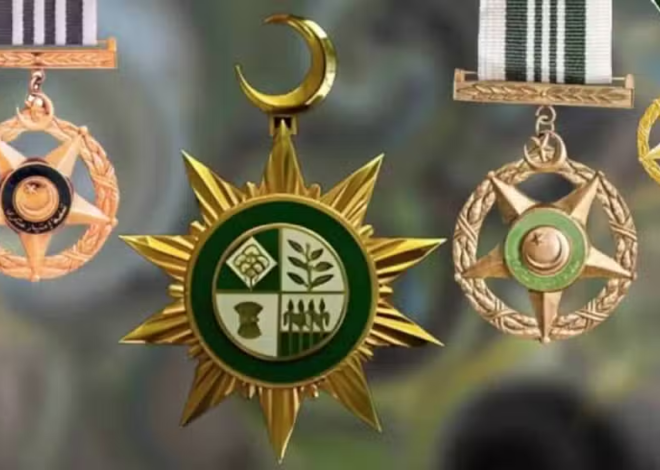
Russia’s Nuclear Arsenal: Size, Control, and Strategic Implications
Russia possesses one of the largest and most formidable nuclear arsenals in the world, comprising thousands of nuclear warheads deployed across various delivery platforms. Understanding the size, control, and strategic management of Russia’s nuclearz weapons is essential for assessing global security dynamics and nuclear deterrence policies. Let’s delve into the details of Russia’s nuclear arsenal and the entities responsible for its control.
Size of Russia’s Nuclear Arsenal:

Russia’s nuclear arsenal is estimated to consist of approximately 6,375 nuclear warheads, according to the Federation of American Scientists. These warheads are deployed across different delivery systems, including intercontinental ballistic missiles (ICBMs), submarine-launched ballistic missiles (SLBMs), strategic bombers, and tactical nuclear weapons.
Russia’s nuclear stockpile is the largest among non-U.S. nuclear powers and ranks second only to the United States in terms of total warhead count. The arsenal includes a mix of strategic and tactical nuclear weapons, providing Russia with a diverse range of capabilities for deterrence and defense purposes.
Control and Command Structure:

The control and command structure of Russia’s nuclear weapons is centralized under the authority of the Russian president, who serves as the commander-in-chief of the country’s armed forces. The president retains ultimate authority over the use of nuclear weapons and is responsible for issuing launch orders in the event of a nuclear crisis.
Operational control of Russia’s nuclear arsenal is delegated to the Strategic Rocket Forces (RVSN), a branch of the Russian Armed Forces responsible for operating and maintaining land-based ICBMs. The RVSN oversees the day-to-day management of Russia’s land-based nuclear forces, including missile launch procedures and readiness levels.
The Russian Navy’s Strategic Missile Submarine Forces (SMF) are responsible for operating and maintaining Russia’s fleet of nuclear-powered ballistic missile submarines (SSBNs). These submarines serve as a critical component of Russia’s nuclear triad, providing a survivable and mobile platform for sea-based nuclear deterrent capabilities.
The Russian Aerospace Forces (VKS) oversee the operation of strategic bombers, including the Tu-95, Tu-160, and Tu-22M aircraft, which are capable of delivering nuclear payloads. These bombers play a vital role in Russia’s strategic deterrence posture, providing a flexible and visible means of nuclear deterrence.
Strategic Implications:

Russia’s nuclear arsenal plays a central role in its national security strategy, serving as a cornerstone of its defense posture and deterrent capabilities. The possession of a robust nuclear arsenal is viewed by Russia as essential for preserving its sovereignty, deterring potential adversaries, and maintaining strategic parity with other nuclear powers.
Russia’s nuclear doctrine emphasizes the concept of “escalate to de-escalate,” which suggests that Moscow may employ limited nuclear strikes to deter or respond to conventional military threats perceived as existential. This doctrine reflects Russia’s reliance on nuclear weapons as a means of compensating for conventional military inferiority and deterring aggression against its territory and interests.
The size and capabilities of Russia’s nuclear arsenal have significant implications for global security and strategic stability. As a nuclear-armed state with a permanent seat on the United Nations Security Council, Russia plays a critical role in shaping international nuclear policy, arms control agreements, and non-proliferation efforts.
Russia’s nuclear arsenal represents a formidable and influential component of its military capabilities and national security strategy. With thousands of nuclear warheads deployed across land, sea, and air-based delivery platforms, Russia maintains a robust nuclear deterrent posture aimed at safeguarding its sovereignty and deterring potential adversaries. Understanding the size, control, and strategic implications of Russia’s nuclear arsenal is essential for managing global security challenges and promoting nuclear stability in an increasingly complex and uncertain world.







